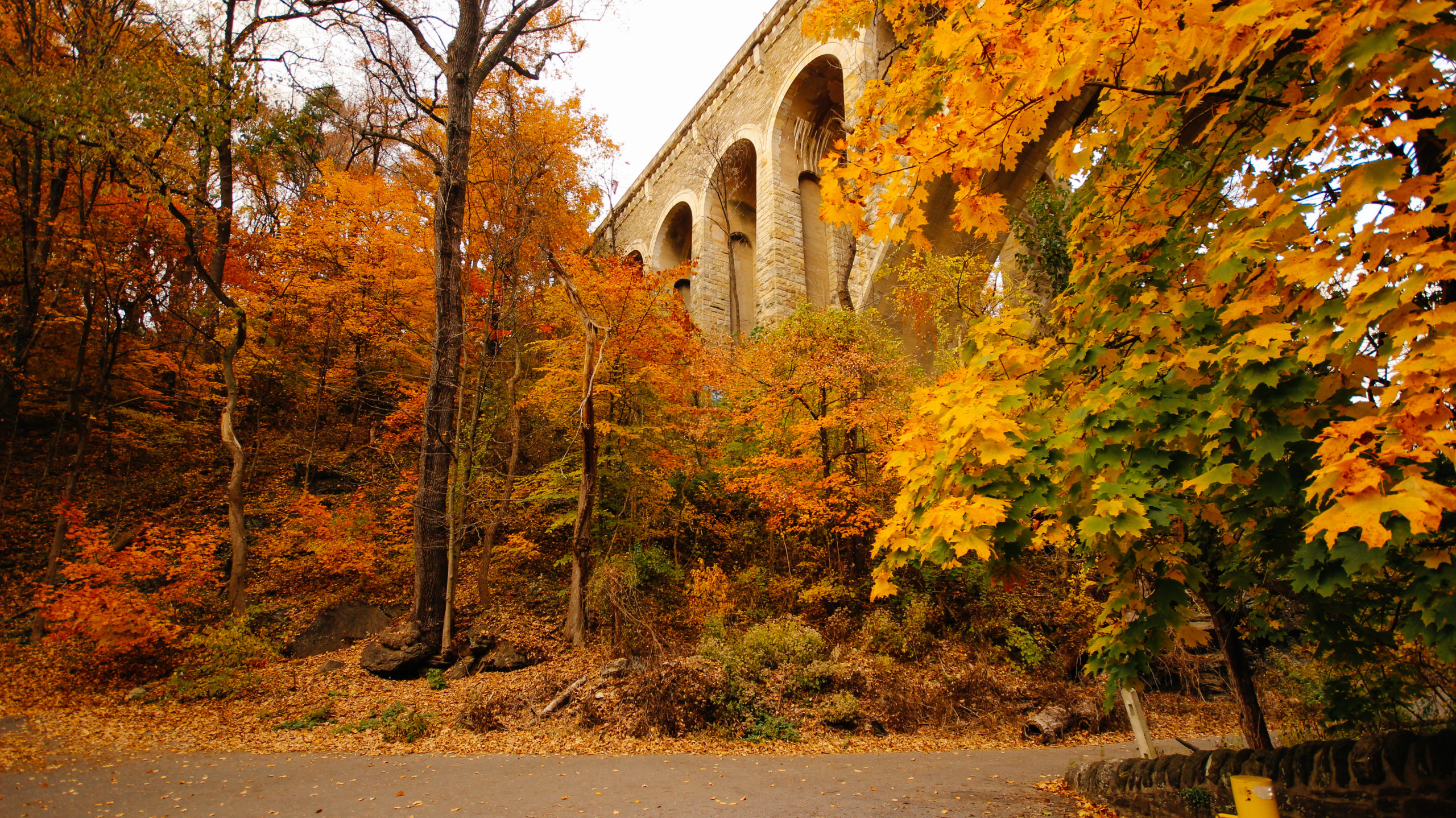architecture
Why You Should Renovate and Restore: A Case For Historic Preservation
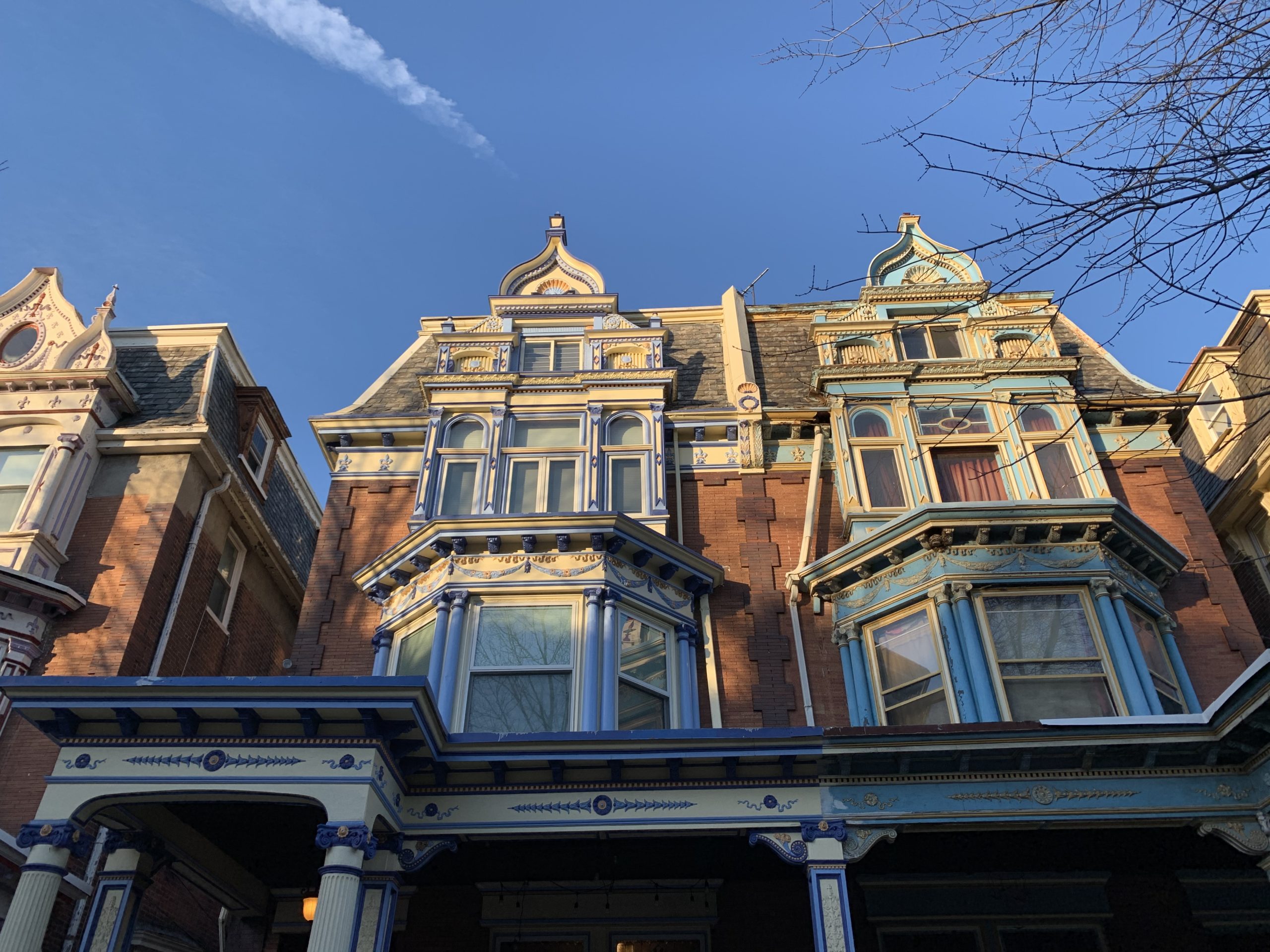
Many Philadelphia homes and neighborhoods have been designated for historic preservation. What does that mean for homeowners? If you have an older home that has not yet received a historic designation, what are your obligations? We spoke with experts in Philadelphia to get their perspectives on the topic of historic preservation in our city.
“Historic preservation is about stewardship and pride,” said Robert P. Thomas, founding partner of Campbell Thomas & Co., an award-winning firm of architects and planners dedicated to sustainability, community, and preservation. “Buildings are part of a community and it’s the key to the success of a block. The goal is to integrate modern needs with a historic property.”
Thomas recalls renovating his Powelton Village home with his wife in 1978. “We got a tremendous amount of space with fireplaces, mantels, and moldings in what had previously been a building containing three slum apartments.” The result was an affordable property accessible to the City in what is now a historically designated neighborhood. “Since the 1980s, Powelton has been nationally registered. Now, we are in the Philadelphia Register of Historic Places. That protects homes from demolition and offers tax credits on rehabbing rental properties,” he said.
Thomas and his partner James Campbell took the same approach to their office at 1504 South Street which had been just a shell when they bought it. “It had previously been The Postcard Club, a black jazz club in the 1940s. I always advise people there’s an edge in real estate. Go two blocks beyond the edge to find the best values,” said Thomas.
To better understand the benefits of historic preservation, consider some of the many projects Thomas led. He restored the 95-year-old, five-story mansion at 4150 Parkside Avenue in West Philly which had suffered a partial collapse, turning it into 18 modern, affordable apartments with stunning architectural detail. Thomas applied the same restoration and preservation techniques to The Brentwood Apartments, a German Baroque building at 4120 Parkside Avenue which the Pennsylvania Historical and Museum Commission termed one of the most ambitious rehabilitation it has ever overseen. It is now used for senior housing.
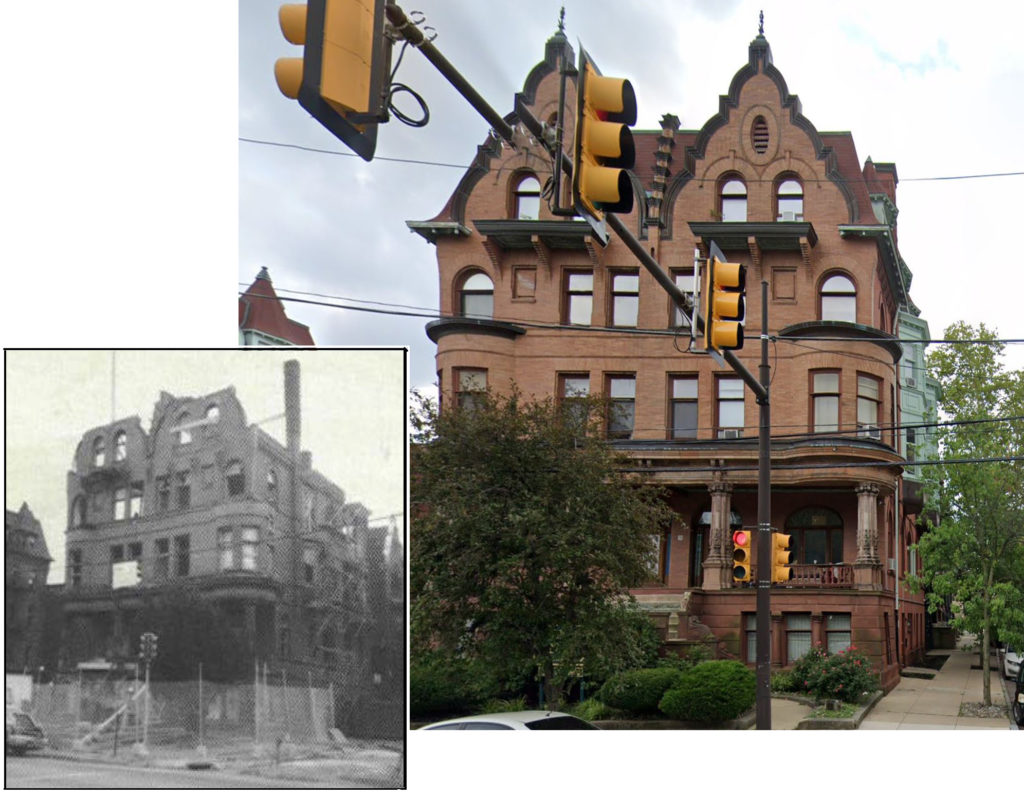
However, it was Thomas’ plan to build an entire block of solar homes for National Temple Community Development Corporation on the 1500 block of Thompson Street that caused the Redevelopment Authority to question his logic. “They couldn’t imagine it would work but it did,” he said. Those first-time homebuyers never received bills from PECO because all their homes faced south and lined up with the solar grid.
Thomas credits Philadelphia Mayor Kenny with creating a task force on historic preservation. “There are tremendous resources for homeowners, including the Preservation Alliance of Greater Philadelphia which offers seminars and classes. University City Historic Society also has programs and many area contractors have programs open to the public.
What can the Preservation Alliance do for you?
The Preservation Alliance’s Neighborhood Preservation Program has been helping Philadelphia residents discover their neighborhood history by identifying landmarks and architectural characteristics that give their neighborhood its own unique sense of place.
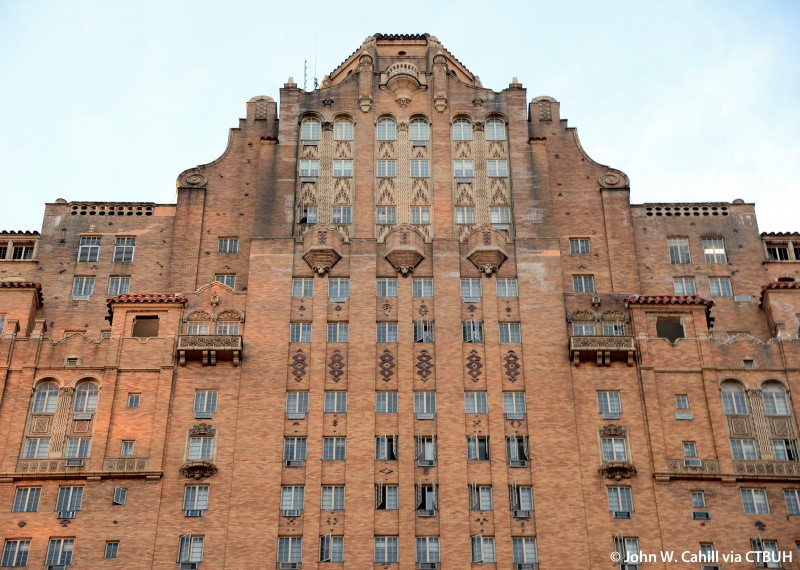
The Alliance’s easement program preserves historically certified properties and residences, such as the Drake Tower in Center City, the Alden Park Apartments in Germantown, and more than 240 other historic properties. Current and all future owners of a property protected by an Alliance preservation easement promise not to demolish or inappropriately alter, and to maintain the historic character of the property. In 2011, the Alliance published How to Look at Your Neighborhood: A Guide for Community Organizations.
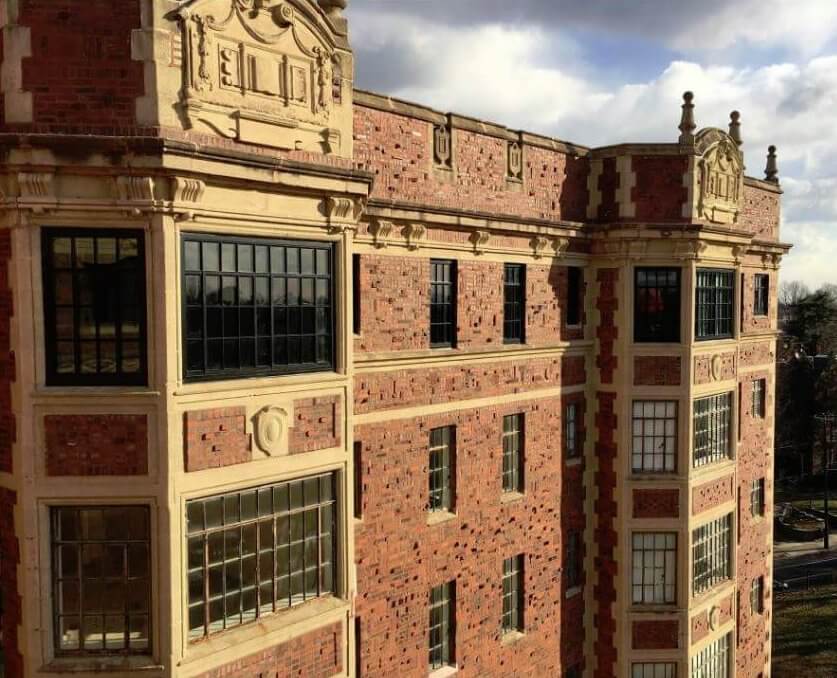
What does it mean if your home is registered as historic?
Listing on the Philadelphia Register of Historic Places protects a building from adverse alteration and unnecessary demolition. Listing on the National Register of Historic Places can provide financial incentives for rehabilitation.
About those financial incentives – the Pennsylvania legislature recently passed the Whole-Home Repairs Act, a new program designed to assist residents and landlords to preserve older homes while creating jobs. The Whole-Home Repairs Program was introduced by Pennsylvania State Senator Nikil Saval and passed into law in July 2022 with an unprecedented $ 125 million appropriation in the 2022–2023 state budget. This program is the first of its kind in the nation. Applications for the Whole-Home Repairs Program are coming in Spring/Summer 2023.
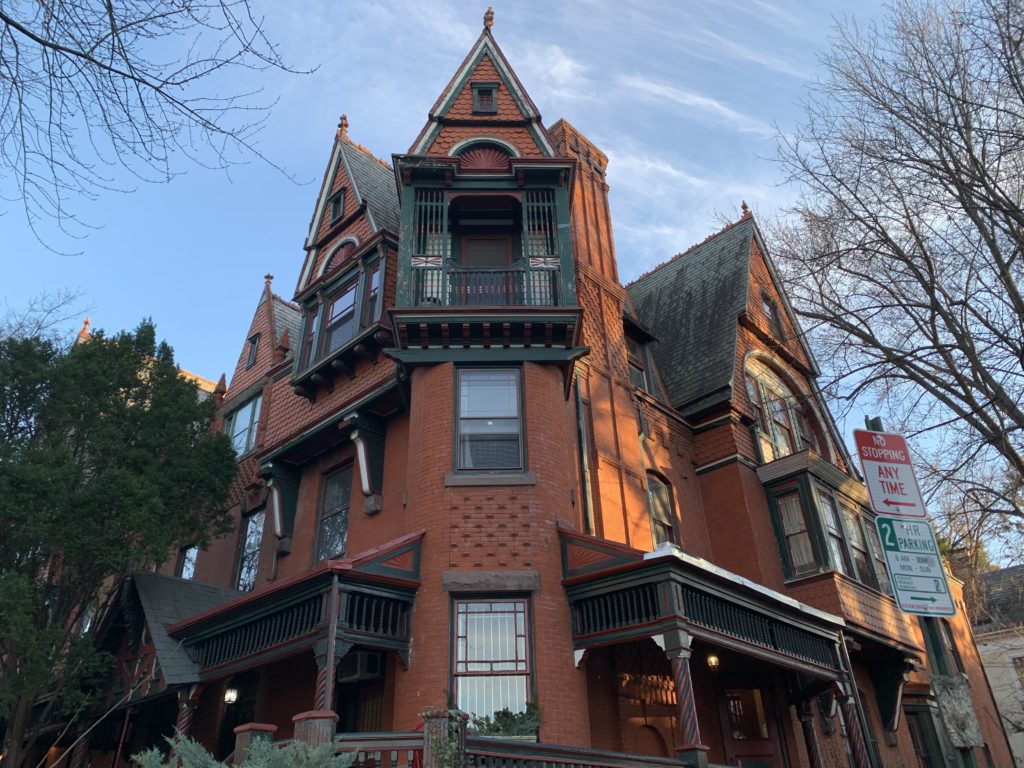
Get More Information on Historic Properties
You can learn how to research properties on the Philadelphia Register of Historic Places. You can also contact the commission at (215) 686-7660 or preservation@phila.gov. It’s important to note that the local register is different from the National Register of Historic Places (NRHP). The NRHP is a nationwide list maintained by the National Park Service. However, your property could be listed on both registers. For a guide on how to research your Philadelphia home’s history read our article.
To learn more about the impact of historic preservation in Philadelphia, the Preservation Alliance offers private, group, and self-guided walking tours in many historic areas of the City. Saturdays & Sundays, May-Oct.
Historic preservation is of particular interest to Solo Real Estate’s broker and owner Deborah Solo, who studied architecture. Deborah took several classes with John Milner who also does historic preservation projects and taught at the University of Pennsylvania while she was getting her master’s in architecture. Interested in investing in a historic property or want to talk about architecture and historic preservation with Deborah? Drop us a note!







